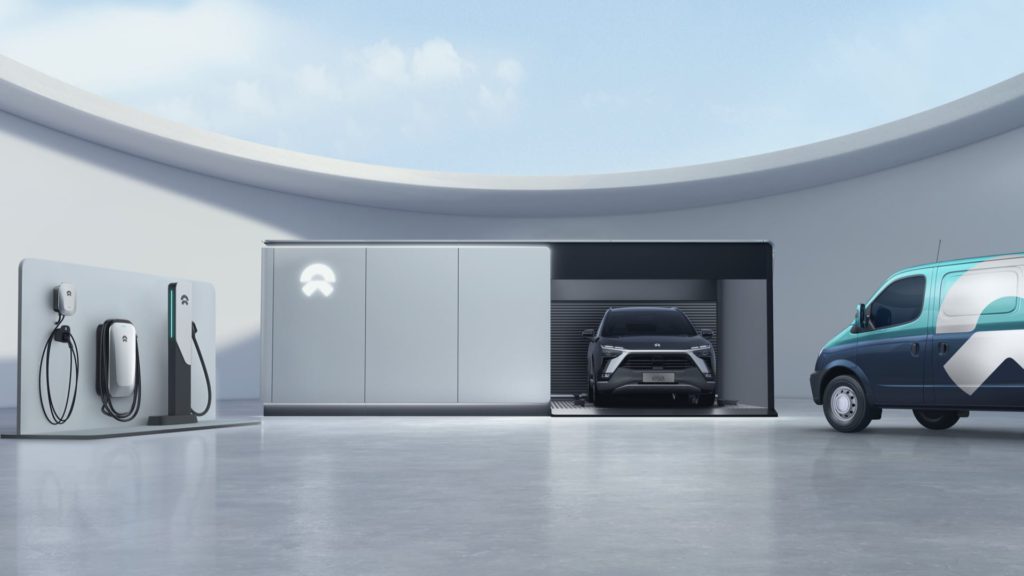Stellantis intensifies semiconductor and software push
09 December 2021

Stellantis has partnered with Taiwanese manufacturer Foxconn, otherwise known as Hon Hai Technology Group, to design and sell new semiconductors that will help create a supply chain for the carmaker and third-party customers.
The manufacturer aims to adopt the semiconductors co-designed with Foxconn into vehicles by 2024. The company is betting on the partnership to reduce semiconductor complexity, a highly topical issue given the ongoing chip crunch that has crippled vehicle production for months. Carmakers account for about 10% of global semiconductor sales, with accounting firm KPMG estimating that they will suffer 80% of the $125 billion (€111 billion) in lost sales due to the shortage.
‘Our software-defined transformation will be powered by great partners across industries and expertise,’ said Carlos Tavares, Stellantis CEO. ‘With Foxconn, we aim to create four new families of chips that will cover over 80% of our semiconductor needs, helping to significantly modernise our components, reduce complexity, and simplify the supply chain. This will also boost our ability to innovate faster and build products and services at a rapid pace.,’
Tackling supply shortages
The semiconductor shortage has increased the need for industry-wide cooperation to solve supply-chain issues. The partnership between Stellantis and Foxconn, which is widely known as the assembler of Apple’s iPhones, illustrates this perfectly. While the Taiwanese tech giant has a long history of developing chips and applications within consumer electronics, it is increasingly taking an interest in the automotive industry.
In October, Foxconn revealed three prototype electric-vehicles as it strives to become a major player in the electromobility sector. The company plans to use its semiconductors in its electric-vehicle manufacturing. Foxconn has now found a valid partner in Stellantis as it aims to push into the automotive space. It is not the first time the two companies are working together. In May, the firms announced the Mobile Drive joint venture. This is aimed at creating smart-cockpit solutions, making use of advanced consumer electronics and human-machine interfaces (HMI).
‘As a leading global technology company, Foxconn has the depth of experience in manufacturing semiconductors and software, two key components in the production of electric vehicles,’ said Young Liu, CEO of Foxconn. ‘We look forward to sharing this expertise with Stellantis and together tackle the long-term supply-chain shortages, as we continue with the expansion into the electric vehicle market.’
Software push
Stellantis announced the partnership at the company’s software day this week, where it also unveiled plans to deploy three new technological platforms powered by artificial intelligence. The carmaker is increasingly looking to software as a revenue generator, hoping to have 34 million connected vehicles on the road by 2030 – compared to 12 million now.
The manufacturer also set itself a 2030 target of generating €20 billion in annual revenue from software-related product offerings and subscriptions, aiming to catch up with rivals such as Tesla or Volkswagen (VW). One of Stellantis’ AI-tech platforms, dubbed STLA Brain, will provide over-the-air (OTA) software updates, which is something Tesla has arguably been the pioneer of.
‘Our electrification and software strategies will support the shift to become a sustainable mobility-tech company to lead the pack, leveraging the associated business growth with over-the-air features and services, and delivering the best experience to our customers,’ said Tavares.
‘With the three all-new AI-powered technology platforms to arrive in 2024, deployed across the four STLA vehicle platforms, we will leverage the speed and agility associated with the de-coupling of hardware and software cycles.’
Software is playing an increasing role for traditional OEMs as they are looking to make vehicles smarter. A key focus hereby lies on utilising new technology to manage electric motors, batteries, autonomous driving, while seamlessly integrating state-of-the-art entertainment and navigation features. Stellantis is intent on leveraging partnerships, such as with Foxconn or BMW, to develop an autonomous-driving platform. The carmaker is also collaborating with Alphabet’s Waymo to ‘drive innovation, efficiency and shared know-how.’



